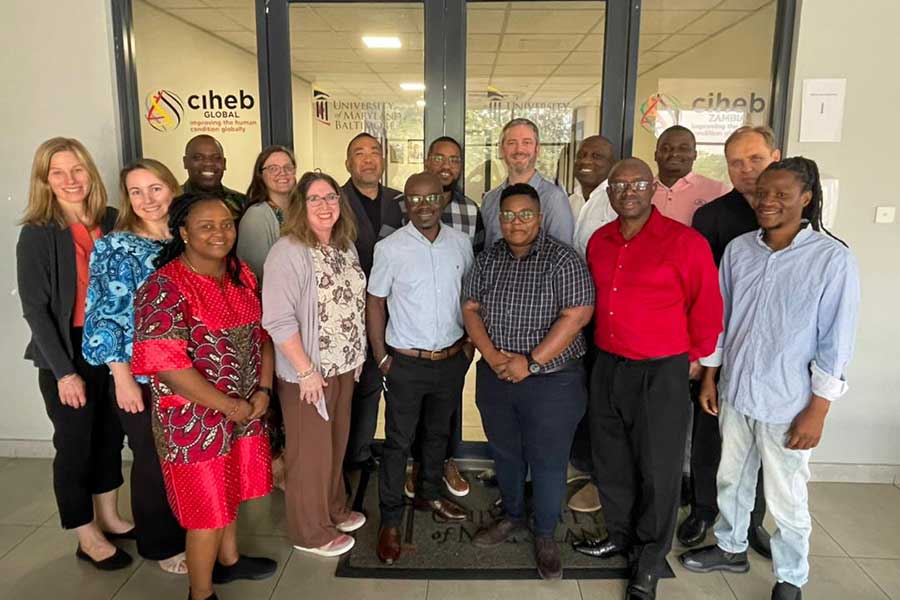
A team of Florida State University researchers has embarked on a new project to expand HIV prevention and care resources in sub-Saharan Africa.
Founding director of Institute on Digital Health and Innovation Lisa Hightow-Weidman and IDHI Associate Director Kathryn Muessig, both faculty at the FSU College of Nursing, traveled to Lusaka, Zambia through the RISE Project. RISE is part of the National Institutes of Health’s PATC3H Consortium, an effort to expand care for HIV-affected adolescents living in areas of the world with fewer resources.
This initiative represents a significant step forward in addressing the unique healthcare needs of minimized communities in the region.
Hightow-Weidman and Muessig’s work is funded for five years. During that time, the IDHI team will build partnerships, create the research protocol and intervention content, secure regulatory approvals and hire and train team members and staff.
“We aim to focus on relationship and capacity building as well as communications and dissemination of information throughout the full study period to maximize the project’s reach and impact,” said Hightow-Weidman, who also serves as the FSU College of Nursing’s interim associate dean for research.
The RISE intervention, the first of its kind in sub-Saharan Africa for adolescents, will use the HealthMpowerment smartphone intervention platform created by Hightow-Weidman. This innovative approach combines digital health tools with strong community outreach and service efforts to increase the uptake and maintenance of HIV pre-exposure prophylaxis and HIV antiretroviral medication adherence.
The RISE study is a collaborative effort involving FSU; University of Maryland, Baltimore; CIHEB Zambia; the Institute of Human Virology (Nigeria); the Centre Population Health Initiatives (Nigeria); Partners for Health and Development in Africa (Kenya); and the Centre for the Development of People (Malawi). Local government leaders and community-based service providers in each partnering country also will provide support for the project.
During their recent visit to Lusaka, Hightow-Weidman and Muessig participated in site visits to community-based health clinics and community service centers in the surrounding areas. These visits allowed them to interact with community members and leaders who shared their experiences and identified vital health topics, including mental health, social support and the ability to access tailored health and medical information via smartphones.
Hightow-Weidman and Muessig also highlighted the unique approach of the RISE project, which combines in-person interactions, digital health tools and strong community and clinic partnerships. The intervention takes a “status-neutral” approach to HIV prevention and care, providing a range of resources, tools and information for a more holistic approach to health and wellness among populations impacted by HIV.
“We both love working in this field and are excited that the IDHI, the College of Nursing and FSU more broadly have the opportunity to expand our impact in increasing access to services and tailored information for adolescents and young adults globally,” Muessig said.




